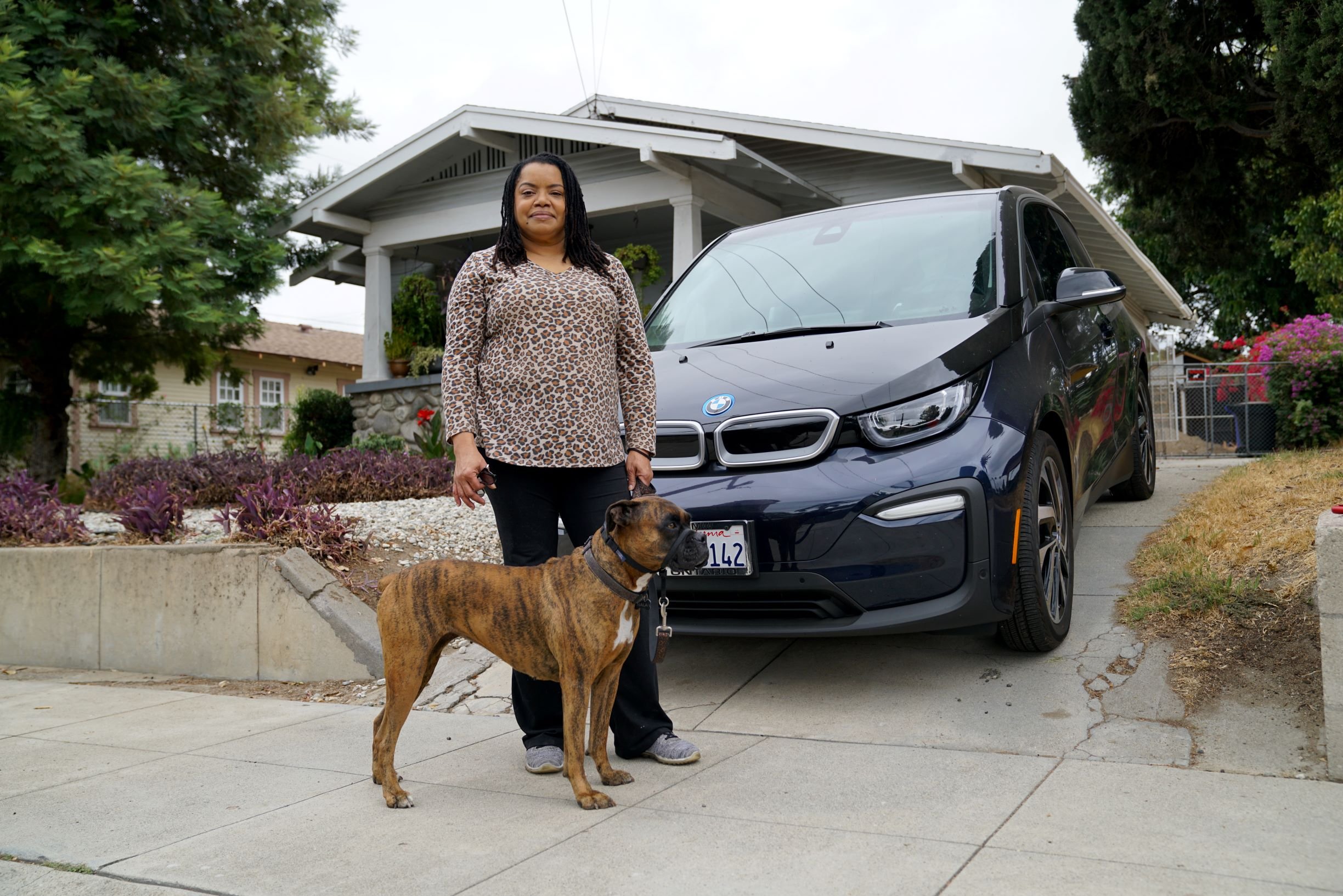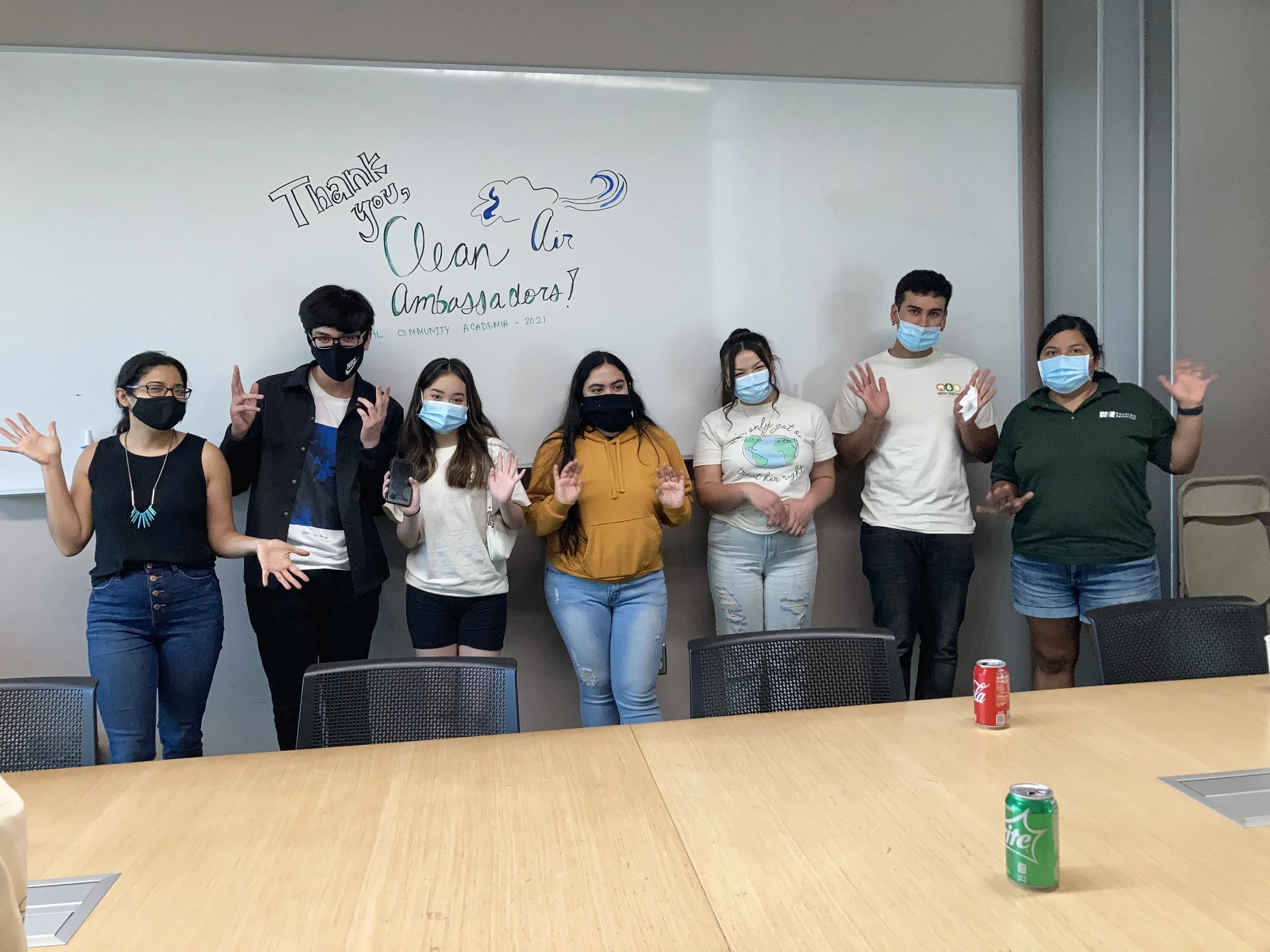California Air Resources Board
Thanks to $440,000 from California Climate Investments through Access Clean California, Latino and Latina Roundtable is connecting residents of environmentally and economically disadvantaged communities with benefits like electric vehicle incentives and solar power. The California Air Resources Board’s Access Clean California is designed to partner with community-based organizations to raise awareness of the incentives available and help California's most impacted communities better access the clean transportation and mobility funding. Access Clean California also works to help build the capacity of community organizations to conduct clean mobility outreach.





















